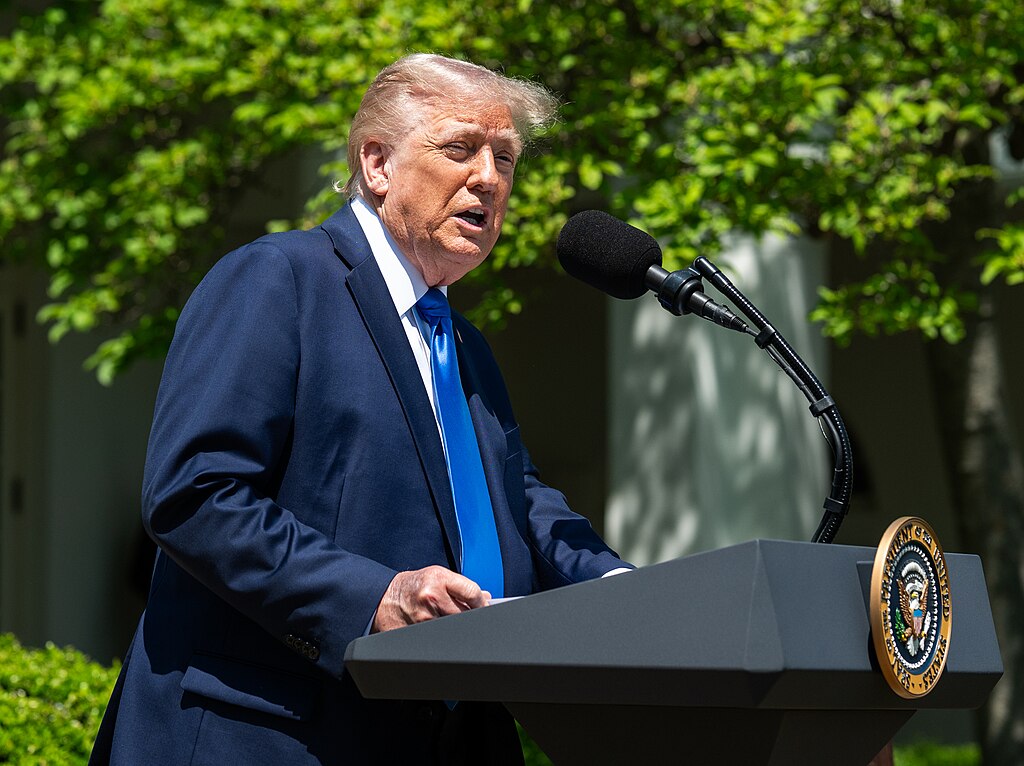Crypto owners in Italy could be facing stricter crypto regulations up ahead. The government plans to impose reporting requirements for those who own digital currencies as well as capital gains tax for income derived from crypto trading.
Italy’s new government is about to expand the scope and impose stricter regulations for the disclosure of and taxation of digital assets, according to Bitcoin.com. The change will likely arrive with Italy's 2023 budget, which is anticipated to target gains from crypto wealth and trading.
Proposed by the right-wing administration headed by Prime Minister Giorgia Meloni, a provision in the budget will impose a 26% capital gains tax on crypto assets for profits over 2,000 euros ($2,080) to crypto assets.
The ruling coalition plans to give taxpayers the option to declare the worth of their digital assets as of Jan. 1, 2023, and be subject to a 14% tax rate. This is meant to encourage Italian taxpayers to report their holdings on their tax filings.
Digital currencies and tokens are considered as foreign currency in Italy under the present tax laws, which results in a lower tax rate. Additionally, the draft law will introduce disclosure requirements and extend stamp duty to crypto assets but it may still face amendments in parliament.
According to Triple-A data, around 1.3 million Italians (2.3% of the nation's population) are crypto asset owners. This percentage of ownership is a bit lower than the 3.3% in neighboring France and 5% in the United Kingdom.
Meloni, the leader of the far-right Brothers of Italy party and the first woman to hold the country’s Prime Minister position, has advocated for reduced taxes in the past.
Her government is now taking a harder position on cryptocurrency, following in the footsteps of Portugal, one of the EU's most pro-crypto member states, which declared in October that it intended to tax short-term cryptocurrency earnings at a rate of 28% starting in 2023. It also coincides with a worldwide tightening of laws as a result of a wave of bankruptcy filings in the cryptocurrency sector, including the most recent failure of the crypto exchange FTX.



























Comment 0